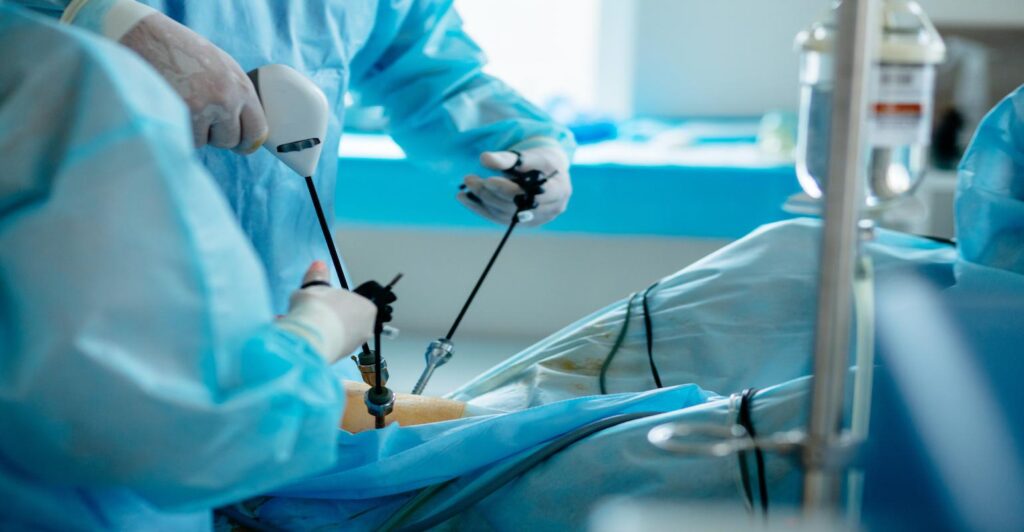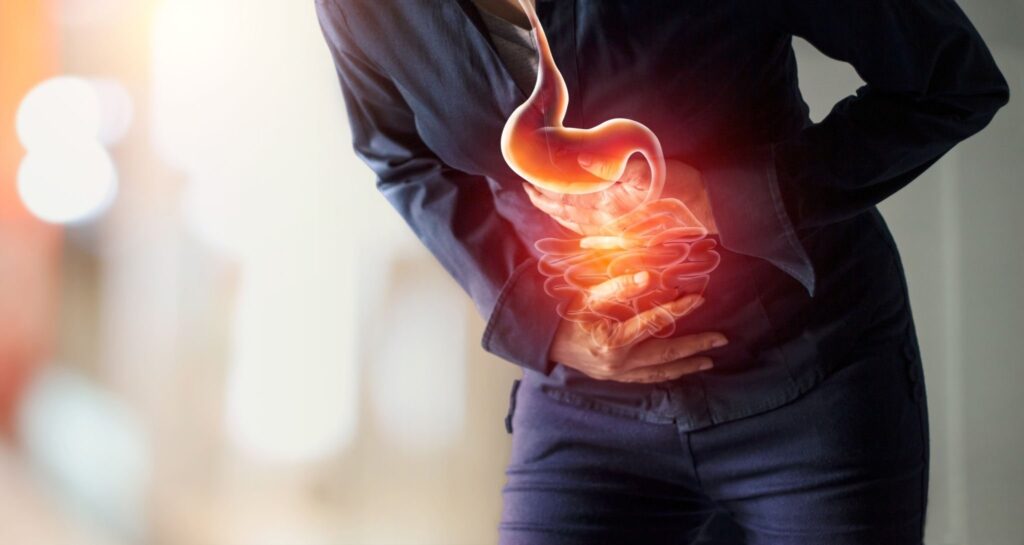Laser Surgery in Proctology: Modern Relief for Piles, Fissures, and Fistulas
Laser Surgery in Proctology: Modern Relief for Piles, Fissures, and Fistulas Dr. Jenit Gandhi Laser surgery has transformed proctology, offering painless, minimally invasive solutions for conditions like piles, fissures, and fistulas. Symptoms such as pain during defecation, mucous discharge, or blood-stained stool may indicate more serious issues like rectal prolapse or cancer. Laser-based treatments ensure faster healing, less bleeding, and a quicker return to normal life. Under the expert care of Dr. Jenit, one of the best gastro surgeons in Ahmedabad, India, patients receive precise diagnoses, shorter hospital stays, and effective outcomes. Do not ignore signs, and choose laser surgery for lasting relief. What is proctology? Proctology is the medical field that treats problems related to the anus, rectum, and nearby areas. Common conditions include: Piles (Hemorrhoids): Swollen veins near the anus that cause bleeding, itching, or discomfort Fissure: A small cut near the anus that causes sharp pain while passing stool Fistula: An infected tunnel between the inside of the anus and the skin outside Rectal Prolapse: When part of the rectum comes out through the anus Rectal Cancer: A serious disease that starts in the rectum and may look like piles in the beginning Facebook-f Instagram Youtube Linkedin Whatsapp What is laser surgery in proctology? Laser surgery is a modern way to treat problems like piles and fissures. It uses light instead of cuts, so there’s less pain, no stitches, and quicker healing. Why Choose Laser Surgery for Proctology? Laser-based procedures offer a safe, precise, and effective alternative to traditional open surgeries. Here’s why the best gastro surgeon in Ahmedabad, India, often recommends laser techniques: Painless, bloodless treatment Minimal cuts and no stitches required Very low recurrence and infection rates Short hospital stay and quick recovery Sphincter-preserving, hence no risk of incontinence Types of Laser Surgery in Proctology Laser Treatment For How it Works Symptoms Piles (LHP) Shrinks the swollen veins (piles) using laser light without cuts or stitches. Bleeding while passing stool, itching, pain, or a lump around the anus. Fissure(LSAF) It heals the small tear (fissure) near the anus and reduces pressure. Sharp pain during or after passing stool, a small cut near the anus, or bleeding. Fistula (FiLaC) It closes the abnormal tunnel (fistula) from the inside using laser light. Persistent discharge of pus or blood near the anus, pain, swelling, or a small opening around the anal area. Pilonidal Sinus(LSPS) Removes the infected hair-filled sinus near the tailbone with minimal cuts. Painful swelling or pus discharge near the buttocks (tailbone area). Rectal Prolapse(LSRP) Uses laser light to fix the rectum that is slipping out of the anus. A lump or part of the rectum coming out of the anus, discomfort while sitting or passing stool. Polyps or Small Tumours(LRPT) Removes small growths (polyps) or early-stage tumours with laser light. Blood in stool, changes in bowel habits, unexplained weight loss, or growth detected during a check-up. Symptoms That Need a Gastro Specialist’s Attention If you experience any of the following, consult a gastroenterologist like Dr. Jenit immediately: Bleeding in stool Mucous discharge in stool Pain during and after defecation A lump or “something coming out” per rectum Irregular bowel habits or weight loss Itching, burning, or swelling around the anus Many of these signs can be linked to conditions like piles, rectal prolapse, or even rectal cancer. Early and accurate diagnosis by Dr. Jenit can help prevent serious complications and ensure the right treatment at the right time. Why Choose Laser Surgery? No cuts or stitches—done through a tiny probe Almost no bleeding—laser seals blood vessels as it works Less pain—quicker and more comfortable recovery Go home the same day—no hospital stay needed Back to work in 2–3 days—much faster than traditional surgery Low chance of infection—laser helps kill germs Heals faster – small treatment area, less swelling Safe for many conditions—good for piles, fissures, fistulas, and more Get Treated by the Best Gastro Specialist in Ahmedabad, India With years of experience and advanced surgical expertise, Dr. Jenit, one of the best gastro surgeons in Ahmedabad, India, offers world-class laser treatments for piles, fissures, fistulas, and other proctological conditions. Patients benefit from: Expert clinical diagnosis and customized treatment plans Minimally invasive laser surgery with faster recovery and less pain Complete care before, during, and after the procedure A compassionate team focused on comfort, safety, and long-term relief Choose Dr. Jenit for safe, effective, and modern solutions in colorectal care. Fast, safe, and stitch-free recovery is possible. Book your laser surgery with Dr. Jenit now. Don’t ignore symptoms like pain, bleeding, or swelling around the anus. Get expert care from Dr. Jenit, the best gastrosurgeon in Ahmedabad. With advanced laser treatments and personalized support, lasting relief is just one step away. Book your consultation today for fast, safe, and scar-free recovery.
Laser Surgery in Proctology: Modern Relief for Piles, Fissures, and Fistulas Read More »






